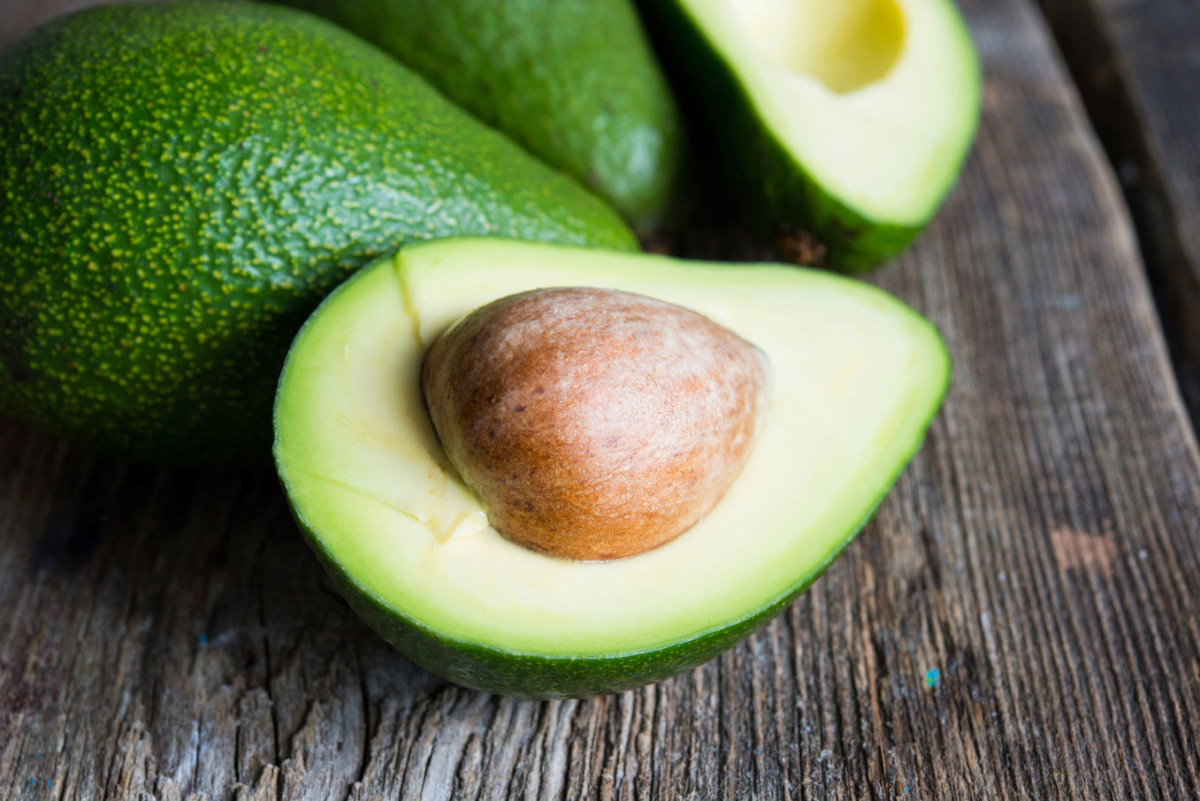“What should I eat on race day?” My clients ask me this question all the time.
The short (emphatic) answer to this question is: never try something new on race day. This also goes for the night before the race. You should eliminate as much stress as possible leading up to race day, including the mystery of how you’re going to react to certain foods.
The reason it’s called training is because you’re training your body to adapt or react to certain stimuli. This includes both fitness and food.
Now, there are some general, common sense rules that you can follow in the days leading up to your big day: plain foods are always going to be safer than really spicy or gas-causing ones (jalepeno bean salad, for example, is something you might want to save for later). Also, some foods, like watermelon, cucumber and other fruits, have bonus hydrating benefits.
Just don’t overdo it, otherwise the only runs you’re going to make are…well you get my drift.
Eating Is Training
OK, believe it or not that was the short answer. The long answer begins with an analysis of what you’re eating day-in, day-out throughout the weeks, months and even years before your race.
You may have guessed that I would say this, but there is no one golden rule for all people. As a coach, I know not to prescribe a routine for somebody just because I follow it myself. For example, I eat a low carb diet as part of my blood sugar control, but that doesn’t mean it’s going to have a positive effect on everyone who tries it.
That said, if there’s enough time before your race, it’s completely acceptable to experiment with your diet. Again: practice, practice, practice.
As triathletes, we’re always looking to put more time in on the bike, in the pool or on the pavement, but the truth is we have WAY more opportunity to affect our output during the several hours a week we spend putting food in our mouths. Yeah that’s right — I’m now training 4 times a day (even though only one of those sessions involves exercise).
There’s way more to this than I can explain in one blog post, so if you’re curious, I encourage you to give me a call and set up a consultation to see how we can experiment with your training diet (and yes, scheduling in beers with your friends is still part of a realistic plan).
I’ll Take That To Go
What to eat during a race depends on the distance, or duration, of the event. Generally speaking, the longer the event, the more variety you’re going to need in your fuel. You’ll want to vary tastes and textures in order to avoid “flavour boredom”.
I can speak to my own experience here: I like to start with more “solid” foods like sweet potato, banana or peanut butter earlier in the race and move to more liquid foods such as apple sauce and other pre-blended juices as the race goes on.
The reason for this is that as you become less hydrated your stomach closes up its pores, so food stays in there longer before being digested into the intestines and into your blood stream. You don’t want a peanut butter sandwich lingering in your belly while you’re trying to muscle through a marathon.
In a shorter race like a sprint or even an Olympic course, you might not need to eat anything. During an Olympic distance race, I might sip on a pre-mix of water, maple syrup, lemon and salt as I start the run, but considering the duration of the race will be between 2 and 2.5 hours, I’m alright going on my stored energy.
Again, not everyone is the same and unless you’ve trained your body to be more efficient at burning stored fat cells through your daily diet, your in-race needs will differ quite dramatically.
Thank Your Body For a Job Well Done
Post-race and post-workout refuelling is super important. The key to remember is quality. You don’t want to eat garbage after you’ve just pushed your performance boundaries — your body is craving the nutrients and building blocks of proteins and vitamins.
When refuelling after a workout, you want to set yourself up for another quality training session the next day. If you’ve been eating unhealthy food the night before, then lucky you, you’re now sweating Kraft Dinner (gross).
One of my go-to post-race meals is 2 or 3 scrambled eggs with tomato salsa, avocado and a red pepper and cucumber salad with oil and balsamic dressing — salt to taste!
Depending on the time of year I might throw this on a rice-cake or add a handful of mixed nuts as an accompaniment.
Oh, and a tall glass of cold coconut water to wash it all down.
What you eat is an important factor in your training and your racing, and focusing a little time and energy on your diet can go a long way. It’s all about food.
-Coach Jas
[su_button url=”http://tritrain.ca/connect/” target=”self” style=”flat” background=”#8dc73f” color=”#FFFFFF” size=”4″ wide=”no” center=”yes” radius=”auto” icon=”” icon_color=”#FFFFFF” text_shadow=”none” desc=”” onclick=”” rel=”” title=”” class=”button-home”]Contact Coach Jason[/su_button]
